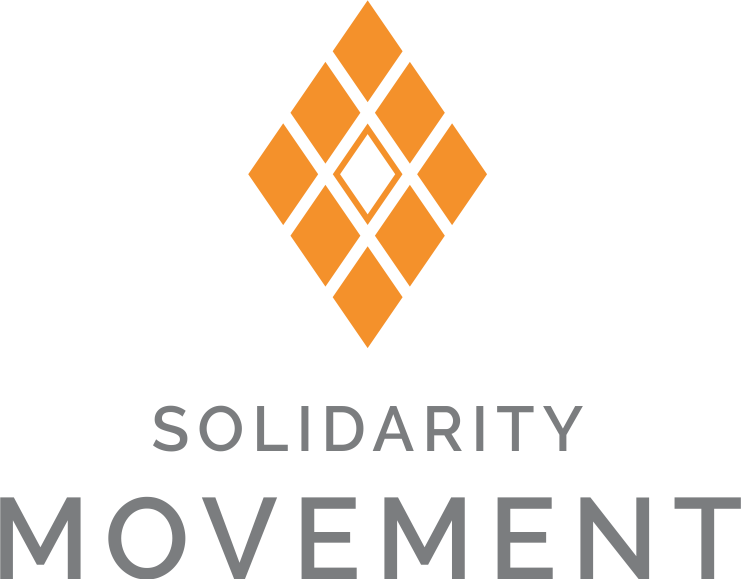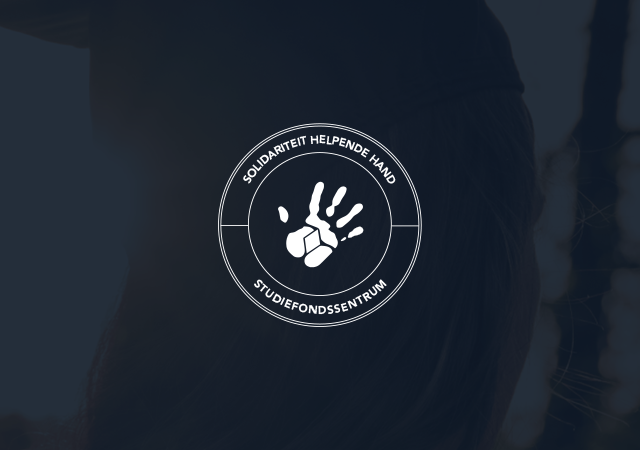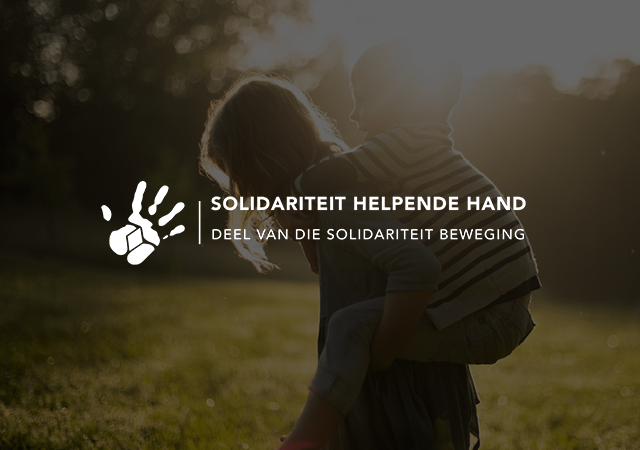The Solidarity Movement today said that it is consulting with senior lawyers in order to head to the Constitutional Court and ask the court to compel government to devolve the current national lockdown to a regional level.
According to the Movement, there is no reason why in certain regions the persistent, irrational lockdown measures currently in force in South Africa cannot be relaxed to Level 1 as soon as possible. According to the Oxford Government Response Stringency Index, South Africa is currently one of the countries with the harshest lockdown measures.
This comes after it has become increasingly clear that South Africa has already achieved the potential benefit that could be derived from a lockdown and that a further protracted lockdown will not supress the virus’s infection rate but will result in more people being unemployed and finding themselves at the mercy of others. The Movement posited that although the virus has not reached its peak yet, the lockdown in its current format will not prevent it from peaking.
According to Flip Buys, chairperson of the Solidarity Movement, the ANC is sabotaging people’s jobs with this lockdown. “It appears that government’s proposed fragmentation of the lockdown into different regions and provinces was merely lip service. It is inconceivable that the Limpopo and North West Province, which respectively have 17 and 29 active cases province wide, are still on Level 4 of the lockdown. Furthermore, Mpumalanga has 33 and the Northern Cape 12 active cases, while people across those provinces cannot go to work to provide food for their children,” Buys said.
According to Buys, it made no sense to have the entire country or even entire provinces in such a hard lockdown. Realistically, the lockdown in provinces with a low infection rate can be relaxed to Level 1 and they can merely be monitored. “The idea behind the lockdown was to prevent the health system from being overwhelmed. An approach that is more federalist in nature will still achieve this goal as the virus moves through different regions,” Buys said.
Buys emphasised that the time has come to relax the measures urgently so that where the infection rate is lower as many people as possible could be allowed to return to work safely. “People can no longer be prevented from taking care of their families. Returning to work must be done while priority is given to safety and hygiene in the workplace,” Buys concluded.


































